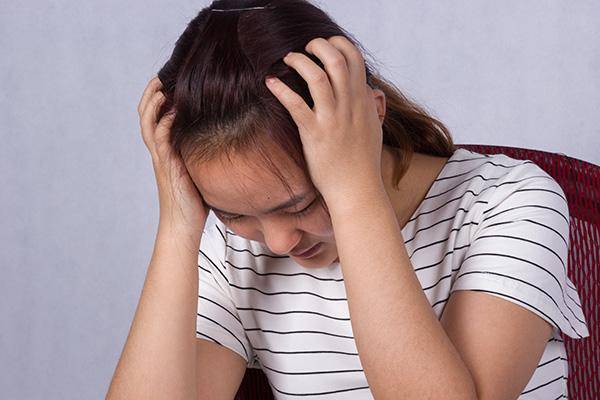The pressure of modern life is significant, with some people busy with work and study. It is inevitable to encounter unhappy events, leading to a low mood. If not relieved timely, it is easy to develop depression over time.
Many people suffering from depression may not realize it themselves, leading to a worsening of the condition if not treated promptly. They feel depressed all day, lacking anticipation for life. Severe cases of depression can even lead to extreme behavior.
What are the signs of depression in patients?
People with depression are often in a state of emotional distress for a long time, always feeling unhappy, lacking interest in anything, unable to release negative emotions, gradually developing a pessimistic attitude towards life. Patients lose their confidence, have low self-esteem, fail to understand their own value, and even feel fearful over minor mistakes.
Patients often fantasize, experience cognitive decline, memory loss, forgetting recent events quickly, feeling paranoid that someone will harm them, which can lead to paranoid delusions as the condition progresses. They struggle in social interactions, avoid communication with others, prefer solitude, and evade external engagements.
Depression can also cause physiological changes in patients, such as reduced appetite, decreased food intake, weight loss, sudden episodes of overeating, giving a haggard appearance, vacant gaze, accompanied by headaches, chest tightness, and shortness of breath. Women with depression may experience hormonal imbalances, irregular menstrual cycles, decreased menstrual flow, and even the risk of amenorrhea.
The quality of sleep deteriorates in patients, with symptoms of insomnia, abnormal brain nerve function, limbs acting uncontrollably, reduced mobility, and some experiencing prolonged bed rest. Patients struggle to control their desires, engage in excessive shopping beyond their financial capacity. They may turn to smoking, excessive drinking, restrict social interactions to online platforms, indulging in them all day. A few might even develop a gambling addiction, losing emotional control when stimulated.
How to treat depression?
Patients can take antidepressants in moderation while focusing on psychological therapy, engaging in more communication with others. Families should offer more care to patients, providing emotional comfort.
People with depression need to manage their emotions, avoid drastic mood swings, listen to cheerful music appropriately to relax. It is essential to think about happy things during leisure time, cultivate a habit of daily exercise to improve blood circulation, enhance immunity, and release internal pressures.
Depressed individuals should pay attention to adjusting their dietary habits, consume foods rich in vitamins, incorporate brain-boosting foods to promote brain development, maintain a healthy nervous system. They should rest more, ensure sufficient sleep. Before bedtime, taking a warm bath or foot soak can aid in improving sleep quality.
Patients should not misuse medications, as it can exacerbate symptoms, lead to adverse reactions, and complicate treatment. Maintaining confidence in life, setting goals, encouraging oneself to strive towards these goals relentlessly, fostering interests and hobbies, enriching leisure time are crucial.
People with depression exhibit various signs early on. Once any symptoms appear, individuals should seek scientific treatment promptly to avoid disease escalation, negative thoughts that not only endanger their lives but also cause distress to their families. Patients should adhere to medication schedules, face life optimistically, and nurture their interests, which can help alleviate the illness.


